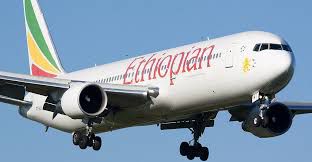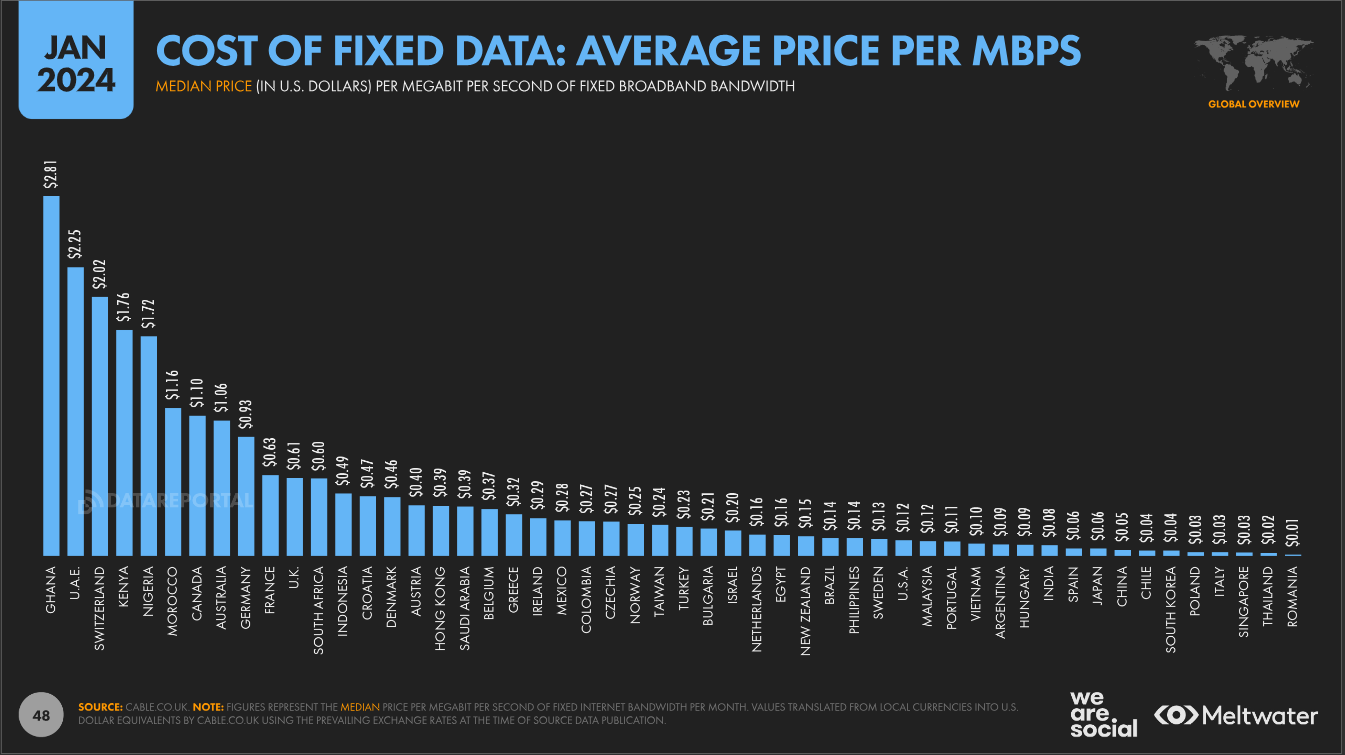
National airlines play a vital role in enhancing connectivity, promoting trade, and boosting tourism across Africa.
Despite challenges in the aviation sector, several African nations continue to maintain their own flag carriers, symbolising national pride and economic ambition.
Below is a list of African countries that currently operate national airlines:
READ MORE: Meet the Ghanaian and 14 other African queens competing for the Miss World 2025 crown
Algeria - Air Algérie
Air Algérie operates a fleet of 56 aircraft, connecting 78 destinations across 28 countries. The airline plays a significant role in linking Algeria with various regions, including Europe, Africa, and the Middle East.
Angola
TAAG Angola Airlines E.P. is a state-owned airline and flag carrier of Angola. Based in Luanda, the airline operates domestic services within Angola, medium-haul services in Africa and long-haul services to Brazil, Cuba and Portugal.
Botswana - Air Botswana
READ MORE: Moliy ranks 60th on global digital artist rankings, surpassing Post Malone
Burkina Faso - Air Burkina
Air Burkina is the national airline of Burkina Faso, based in Ouagadougou Airport (OUA). The company is a member of the Celestair Group alliance of airlines.
Cape Verde
Côte d'Ivoire - Air Côte d'Ivoire
Air Côte d'Ivoire is the flag carrier of Ivory Coast, based in Abidjan. The company succeeded the country's former flag carrier Air Ivoire, which went bankrupt in 2011. It started operations on 12 November 2012.
READ MORE: Afua Asantewaa curses TikToker for accusing her and husband of fraud
Djibouti
Egypt- EgyptAir
EgyptAir, the national carrier of Egypt, operates a fleet of 78 aircraft, serving 102 destinations worldwide. The airline has recently expanded its fleet with an order of 18 Boeing 737-8 aircraft, aiming to modernize and enhance its services.
Eritrea
Ethiopian Airlines – Ethiopia
Ethiopian Airlines stands as Africa's largest airline, both in fleet size and destinations served. The airline operates a diverse fleet, including Airbus A350s, Boeing 737s, 767s, 777s, 787s, and Bombardier Dash Q-400 aircraft. With plans to double its fleet and route network by 2035, Ethiopian Airlines continues to expand its global footprint.
These national carriers not only serve as crucial links to the global air travel network but also contribute to job creation, tourism development, and economic growth.
While countries like Ethiopia (Ethiopian Airlines) and Egypt (EgyptAir) have established strong reputations globally, many African nations face significant hurdles, including outdated infrastructure, high operating costs, and limited access to financing. These challenges have hindered the expansion of efficient air transport systems across the continent.
Despite these obstacles, the presence of national airlines reflects a commitment by African governments to improve air travel connectivity, reduce reliance on foreign carriers, and tap into the continent’s growing demand for mobility.
With the African Continental Free Trade Area (AfCFTA) gaining momentum, efficient aviation networks are becoming increasingly important. National airlines are positioned to play a pivotal role in linking African cities, facilitating trade, and enhancing intra-African tourism.
As Africa seeks to modernise its transport infrastructure, strengthening national airlines remains a key priority for many countries aiming to compete on the global stage.
Read Full Story






















Facebook
Twitter
Pinterest
Instagram
Google+
YouTube
LinkedIn
RSS